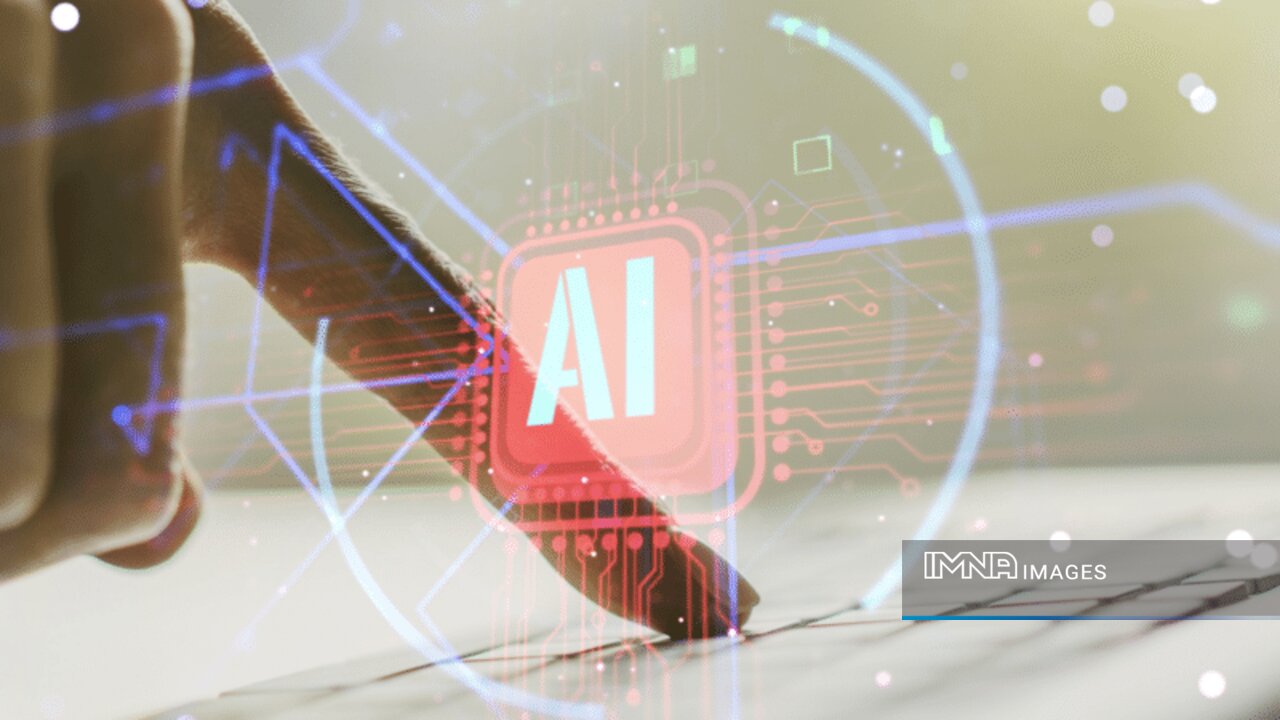Iran (IMNA) - As evidenced by programs like Grammarly, they occasionally already do. Undoubtedly, computers with artificial intelligence (AI) may soon perform most of the everyday writing that humans currently do.
Numerous people utilize the predictive text feature that is frequently seen in phone and email applications every day.
By 2022, 30% of all material that is found on the internet will have been produced automatically thanks to AI and similar technology, predicts Gartner, a company that does market research.
Artificial intelligence is already used to write reports, bulletins, editorials, critiques, slogans, and screenplays.
Interacting with and critically assessing AI are becoming more and more essential components of literacy.
This implies that we should no longer only teach formulaic writing to our kids. Instead, writing instructions should cover techniques that go beyond what artificial intelligence is capable of.

Are you still frightened, human?
The New Yorker magazine tested GPT-2, a natural language generator created by IT firm OpenAI, to see if it could write a whole piece in the magazine's characteristic style in 2019. The generator made several mistakes, resulting in this attempt's limited results.
The updated version of the machine, GPT-3, was trained on even more data by 2020, and it penned a piece for The Guardian with the heading "A robot wrote this entire article." Are you still frightened, human?
The future of journalism may be affected by this most recent, much-enhanced generator as Elon Musk-funded OpenAI continues to make investments in R&D.
It's said that AI writing lacks soul but has a voice. According to John Seabrook of the New Yorker, human authors add "color, personality, and emotion to writing by bending the rules." Therefore, it is important for students to understand the norms and be encouraged to break them.
Co-creation (with machines) and inventiveness should be encouraged. Machines are trained to anticipate and repeat using a limited quantity of data, not to innovate in significant and purposeful ways.
AI is now unable to plan and serves no function. Students must develop their ability to write with purpose and meet their communication objectives.
Students should practice writing on topics they care about, are involved in, and have hopes of impacting both the world and their real, established readers. What machines can't accomplish is this.
The human brain is more complicated than AI at this point in time. Humor and satire are apparent to humans. They are aware that words may have numerous and nuanced meanings. Humans are perceptive and insightful, and they can distinguish between excellent and poor writing using sophisticated evaluative skills.
As critical future talents, there are calls for humans to grow into experts in intricately structured and edited writing produced by machines.

Robots lack morals
AI also lacks a moral compass. It is indifferent. Initially, OpenAI's leadership resisted releasing GPT-3, reportedly because they were worried that the generator might be used to produce fraudulent content, including product evaluations or commentary on upcoming elections.
As with Microsoft's racist Twitter prototype, Tay, AI writing bots may need to be destroyed by humans since they lack morality.
The "writing" tasks of a democratic future include evaluating artificial intelligence (AI) output critically, compassionately, and nuancedly, managing and monitoring material, and making decisions out of empathy for readers.
As was the case with Microsoft's racial Twitter prototype, Tay, AI writing bots lack morality and may require human intervention to be destroyed.
The "writing" responsibilities of the future in a democratic society include evaluating artificial intelligence (AI) in a critical, empathetic, and nuanced way, managing and monitoring information, making decisions, and having empathy for readers.


Your Comment